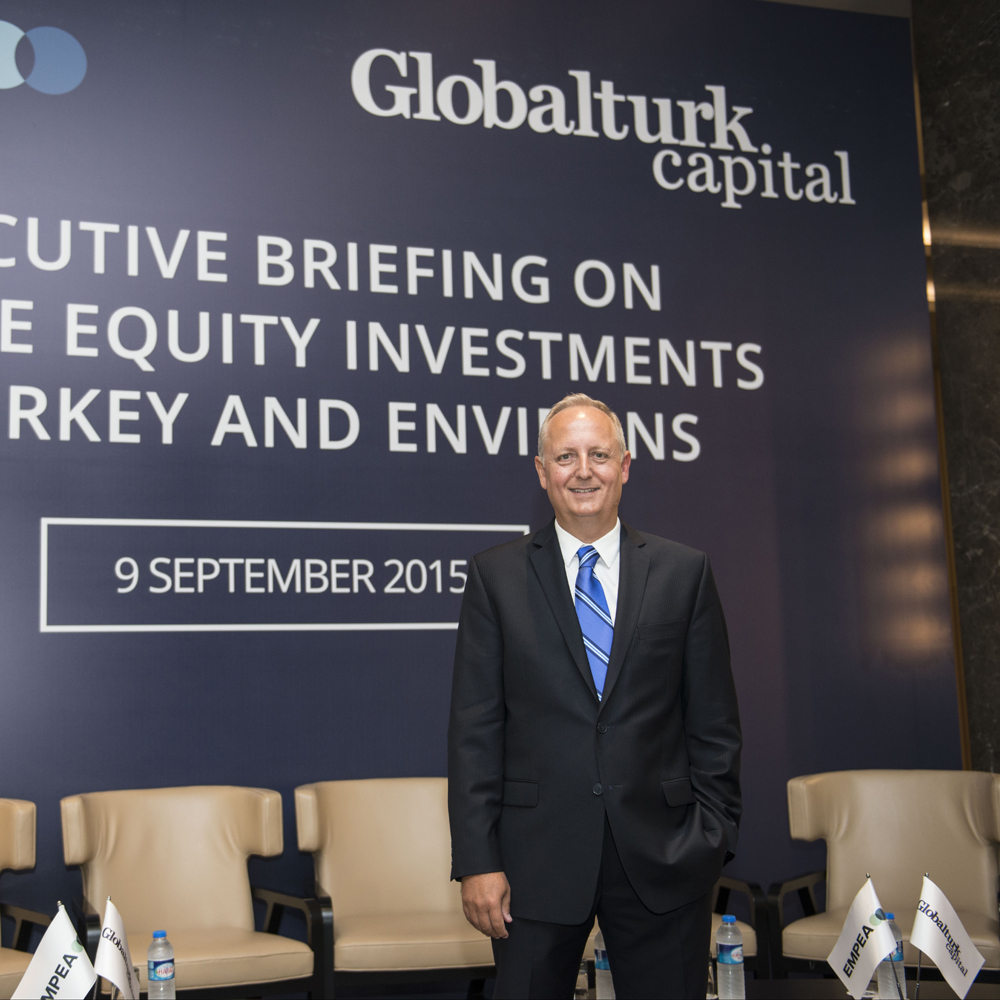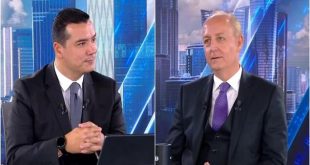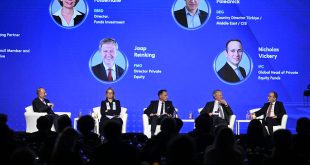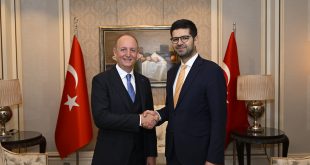
Last weekend’s election result is good news for the Turkish market as it brings much needed stability as local private equity prepares for two exit-packed years, Globalturk Capital’s managing partner Baris Oney told AltAssets.
He said, “We just had a General Election last Sunday with a big surprise to all polls – the current governing party, the AKP, has won almost 50 per cent of the votes, with unofficial results showing record-high voter turnout of some 87 per cent.
This means a strong single-party government for four more years and obviously the big uncertainty, which had been a setback for the past two years, is now over and everyone knows what lies ahead.
We expect a very positive investment period ahead of us not just from the foreign investors but also from the Turkish business community.
A lot of investments were held back due to the uncertainty, but now I expect an investment boom in the next two years.
The big hold-up of Turkish businesses as well as investors in recent years is now expected to catalise the PE market in 2016 and 2017.
Also the government has a big plan to re-initiate its structural and macro reforms under close to 30 headings, which is expected to boost the economy.”
Exits will challenge market with both number and returns
Fundraising activity will also accelerate after the election according to Oney. While prospects are good there are quite a few challenges in the Turkish market at the moment, the most serious being exits.
Oney said, “The biggest challenge at the moment is exits, as private equity investors who have invested in Turkish companies in the past four to six years will look for new buyers and investors. Our estimation is that there are 150 such companies.
We are to see 150+ exits in the next two years or so and almost all of them will be through trade sales since they are still small for IPO exits.
Also the GPs in Turkey do not have much experience in IPO exits and therefore their preference is trade sales or selling back to owners.
These exits are very possible actually since there are numerous foreign and Turkish strategics wanting to acquire these companies. The big issue will be valuations.”
EY research of Turkish PE transactions in 2014 showed there was a considerable slowdown in the number and the volume of deals compared to the previous year.
The number of PE deals done by private equity funds in Turkey fell to 43 from 74 in 2013, accounting for just 14 per cent of all M&A transactions (22 per cent in 2013). The total volume of PE deals shrank to $343m in 2014 from $503m a year earlier.
While a surge in the number of deals is expected in 2016 and 2017, in terms of returns private equity investors will have to count on outer factors as well.
Oney said, “Good returns are possible at exits but it depends also on external factors such as the strong dollar.
The Turkish Lira lost almost 36 per cent of its value in the last 12 months against the dollar and this blocks good returns.
I believe the devaluation trend will be over next year and good returns will become possible at exits.
We certainly have regional and global risks as a country (Syria, Iraq, terrorism etc.), but I do not foresee them effecting investors’ appetite in Turkey,” Oney noted.
GPs rivalry at higher market levels barrier for more SME investments
There are a lot of GPs operating in Turkey but they are competing at the wrong end of the market, according to Oney.
He said, “There are many GPs in the Turkish market, most of whom have been trying to invest large companies.
Although they all say mid-caps, in Turkish standards they want to invest in the top 1000-2000 local companies.
Because of that, competition gets fierce when a good opportunity arises. On the contrary Turkey is an SME country, meaning the real private equity need exists for hundreds of thousands of SMEs.
The ticket size for those are below $10m-$15m levels, whereas the current investors are looking for minimum ticket sizes of over $20m-$30m.
There is a mismatch in the market. Turkey needs numerous GPs who are willing to take the time to invest in SMEs rather than large companies.”
Having said that, there also exist good opportunities in the larger segment but private equity fund managers need to work harder to put together better investment strategies with them.
“Further the need to gain the trust of shareholders of large companies and prove to them the value of private equity investors more than cash.
Fund managers need to work harder to generate deals. It is not quite possible to generate straightforward opportunities in the market.
We expect to see platform transactions, meaning sector consolidation plays. This will require working more closely with the right advisors and venture partners.
They need to work with venture partners like GlobalTurk Capital to be able to invest in these deals, as you have to have a strong local presence to be able to invest in Turkish SMEs from abroad.”
Turkish market yet to see more action from private LPs
While big international institutions have been keen on investing in Turkey in recent years and have been active in the local market, private investors have been predominantly hesitant so far.
Oney said, “The EBRD, IFC, EIF and most other IFIs were already quite bullish about Turkey, but we have yet to see private LPs, who have been holding up for some time.
All the big IFIs have already invested in Turkey through GPs and are considering putting more money into the existing fund managers and first time funds and first time managers.
They are also making direct investments. We have mostly US, European and Middle Eastern GPs looking into investment opportunities.
There are a number of existing GPs and new managers in the process of fund raising. Other than IFIs, all other types have been rather silent in the past year or two, but I expect them to start considering investing in Turkey again.
I believe Turkey will emerge as one of the top countries among the emerging markets where investors will consider seriously putting money into next year.”
GlobalTurk Capital has been in the process of raising two funds, which it had expected to finalise this year.
A $100m flex fund it is raising with SEAF is expected to hold its first close by the end of 2015, Oney said. Raising in the other flexible emerging markets fund has been shelved for the time being due to the uncertainty in the local market over the past year. However, GlobalTurk is planning to “give it a boost” in 2016, Oney added.
Source: AltAssets.net
 Barış Öney Barış Öney'in Kişisel Web Sitesidir.
Barış Öney Barış Öney'in Kişisel Web Sitesidir.







